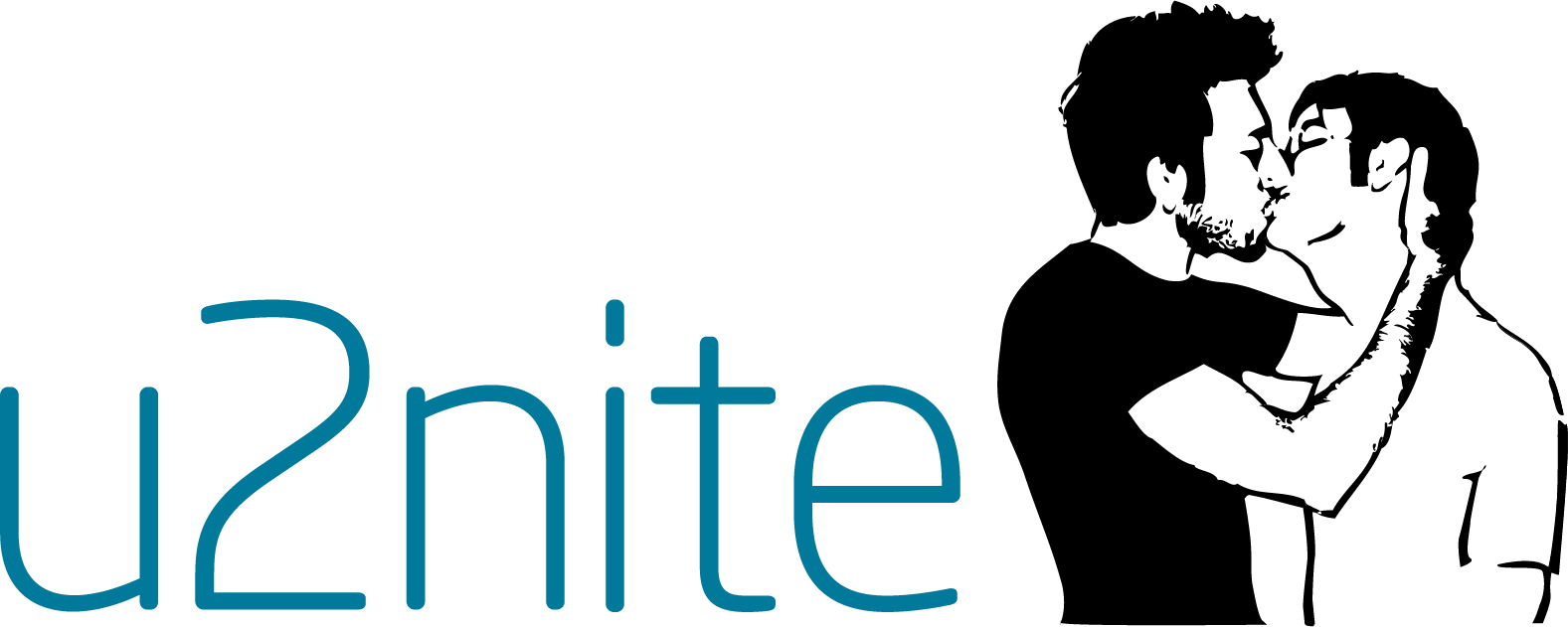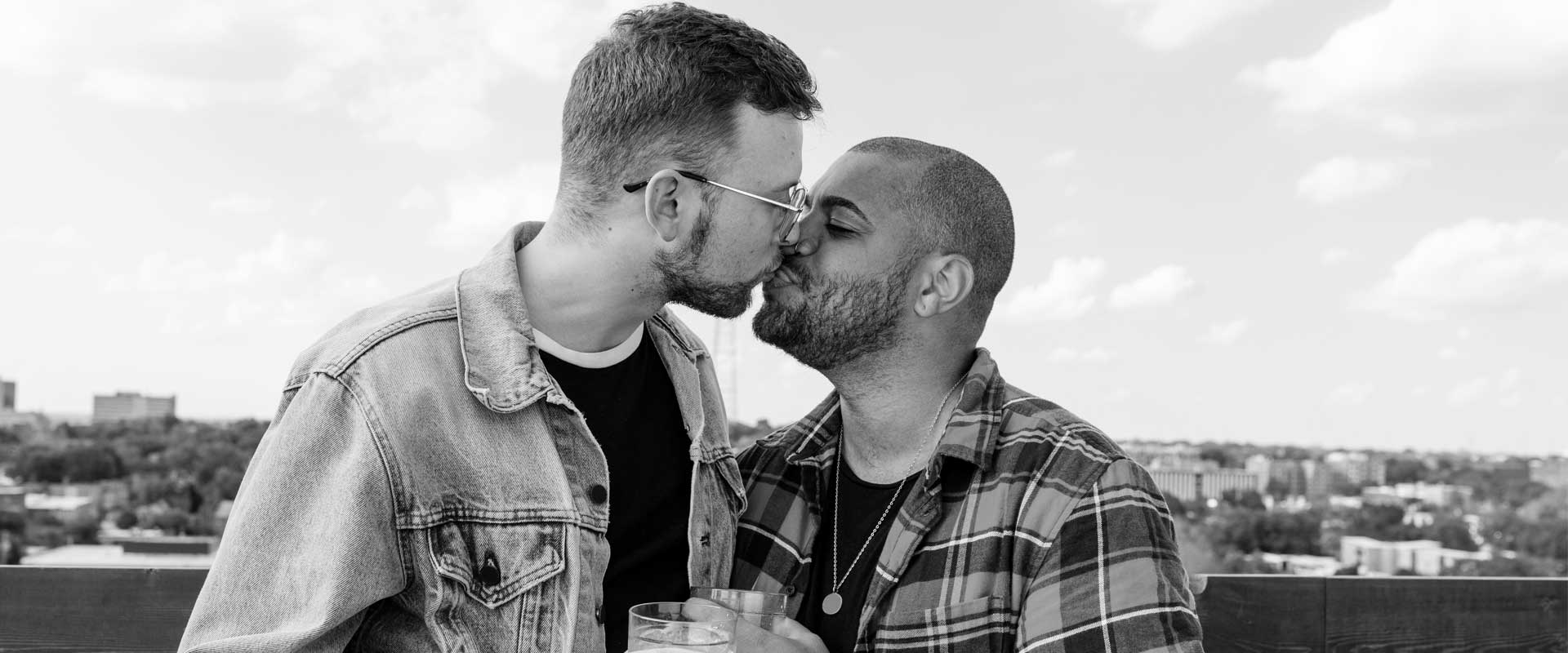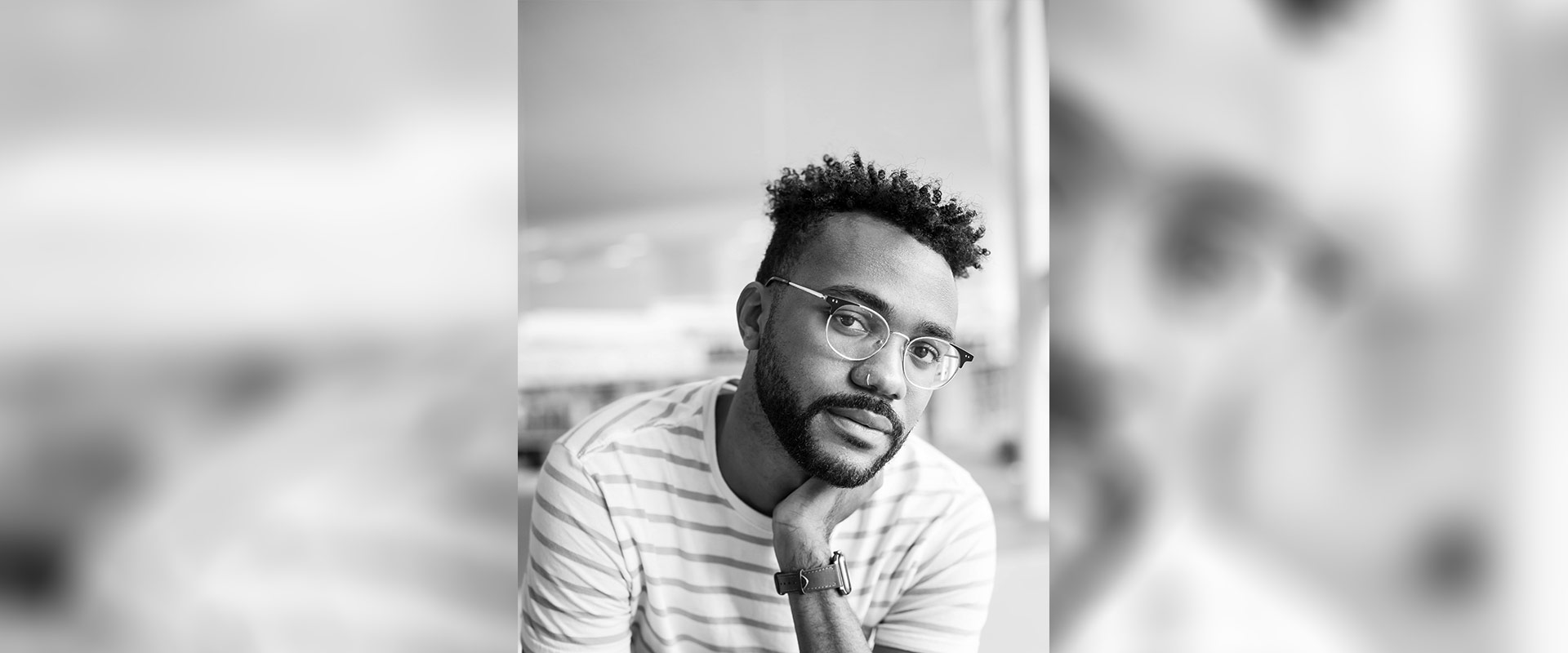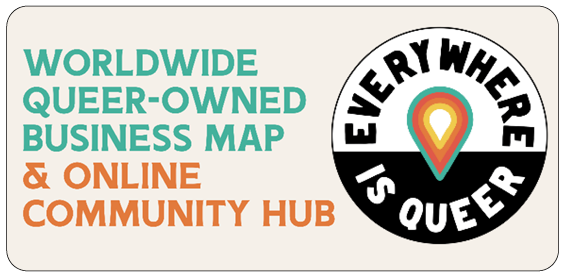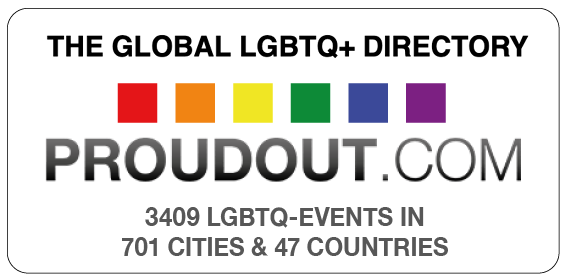Members of the LGBTQ community have higher risks of developing certain health problems than other sectors of the population. For instance, some have higher rates of HIV and sexually transmitted diseases, higher rates of smoking and substance abuse, and an increased likelihood of facing mental health issues, including anxiety and depression.
Those in the LGBTQ community are also likely to struggle to access health services.
A 2016 study found that its members “are more likely than their heterosexual counterparts to experience difficulty accessing health care.”
While that study focused on the struggles LGBTQ individuals faced throughout the United States, there was no specific study focused on health outcomes for LGBTQ individuals living in the Southern U.S. That’s why Campaign for Southern Equality, an organization that aims to improve the lives of LGBT Southerners, decided to study the regional issues through its Southern LGBTQ Health Survey in 2019.
Campaign for Southern Equality Executive Director Jasmine Beach-Ferrara said she started focusing on this issue because of some of the stories she’d heard about LGBTQ people struggling and failing to find compassionate, informed health care.
“We see the heartbreak and the pain of it, too. Behind those numbers are people who are struggling with depression or struggling with suicidal thoughts,” she said.
The Southern LGBTQ Health Survey is one of the largest of its kind ever undertaken.
More than 5,600 LGBTQ individuals living in the South submitted their responses on a wide variety of topics. Some questions focused on their physical and mental health, while others had them consider whether the treatment they’d received had been affirming.
“We want this survey to inspire people and help mobilize interventions around LGBTQ people in the South,” Jasmine said.
Results Show Disparities in LGBTQ Access to Health Care
The LGBTQ Health Survey received responses from a diverse segment of the Southern population. One-third of the respondents identified as transgender, non-binary, or gender nonconforming, and a significant number of respondents were black, Latinx, and other minority. Most were young, with the most significant number of respondents ranging in
age from 18 to 34.
The survey included several questions about physical and mental health. About 55% responded that they were in good health, while another 15% noted they were in excellent health. However, more than one-third of respondents said that their health was fair or poor.
In terms of mental health, about 50% described their mental health as fair or poor.
Bisexual, pansexual, and queer individuals were more likely to report poor mental health than were gay or lesbian respondents. Additionally, 66.5% of transgender respondents noted that they had mental health struggles compared with 42.6% of cis individuals.
After noting those concerns, respondents then described how satisfied they were with their access to health care and whether they were treated well by their doctors. About 15% percent of respondents noted that they never felt comfortable seeking health care in their communities. Individuals were more likely to feel comfortable accessing health care if they were cisgender, white, male, gay, or high-income earners.
“A number of Southerners told us they could access the care they needed, and some had positive experiences accessing mental health services,” Jasmine told us. “It is happening that they are getting the care they need, but that needs to be true for everyone, not just those who are privileged.”
The Study Offers Long-Term Outcome Predictions
Jasmine said she hopes that the survey can offer advice and recommendations to healthcare providers who want to better accommodate LGBTQ Southerners.
“We see the survey as a call to action more than anything else. This data will be activated to inform new and improved approaches for care in local communities and policy-level changes that are needed for LGBTQ Southerners,” she notes.
For instance, the South is the epicenter of a new HIV epidemic, and a significant number of men who are intimate with men and transgender women may have the disease without
knowing it.
“A sizable number of respondents don’t know their status. So it is urgent to have testing widely available,” Jasmine said.
While some healthcare providers want to be more understanding of LGBTQ health issues, they may not know where to start. Practitioners must seek out their own training to understand the specific health issues the LGBTQ community faces, as they often don’t learn about those issues in medical school.
The survey can also provide them with specific information to make their practices more welcoming. Campaign for Southern Equality already offers that training to healthcare practitioners, but it plans to expand those offerings soon.
“We offer training to help providers and clinics, and we struggle to keep up with the demand. We want to train any providers who want to get trained,” Jasmine said.
Still, Campaign for Southern Equality can’t improve health care for LGBTQ individuals alone. That’s why the nonprofit hopes that the survey will spur more interventions, including training for medical students and advocacy for Medicaid expansion in legislatures.
Campaign for Southern Equality Strives to Improve LGBTQ Lives
Members of the Southern LGBTQ community face unique challenges in all aspects of their lives. For example, a survey from GLAAD showed that 40% of Southern respondents wouldn’t feel comfortable attending a same-sex wedding, as opposed to 34% of all Americans. Additionally, 61% said they would feel uncomfortable if their child was dating a
transgender person.
While those issues are essential, Campaign for Southern Equality’s survey highlighted the lesser-known health care outcomes affecting LGBTQ people in the South.
“It is possible for LGBTQ folks to access positive care in the South. Issues around gender, income, and rurality decrease the likelihood someone is having those experiences,”
Jasmine explains.
Still, a third of America’s LGBTQ population lives in the South. Within that diverse and multifaceted group, Jasmine noted that more research needs to be done in considering the lives of LGBTQ people of color and living in different parts of the South.
“We still need to do a lot of community-based research to understand what’s happening on a regional level,” she said.
Jasmine said she and the Campaign for Southern Equality team are hopeful that LGBTQ individuals can eventually lead their lives without shame or fear.
“We see reasons for hope every day in our community, acts of daily courage and bravery.
We see growing public support,” she said.
Jasmine advocates for starting small when trying to change the state of LGBTQ health care
in the South.
“We need to start talking more about mental health issues and HIV. Get tested yourself and encourage others to get tested. Use your voice to advocate for policy changes that treat all of us equally,” she said.
Autor:

